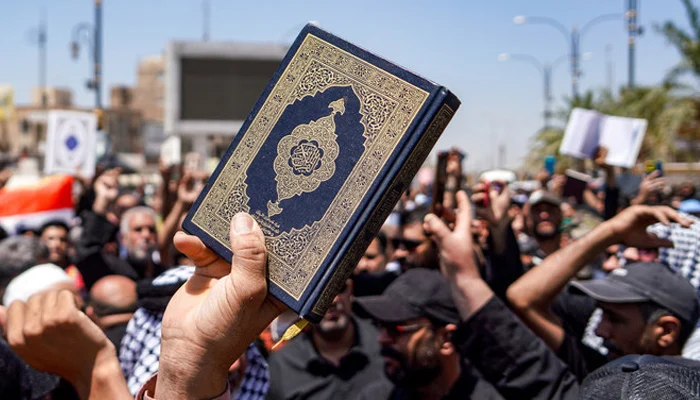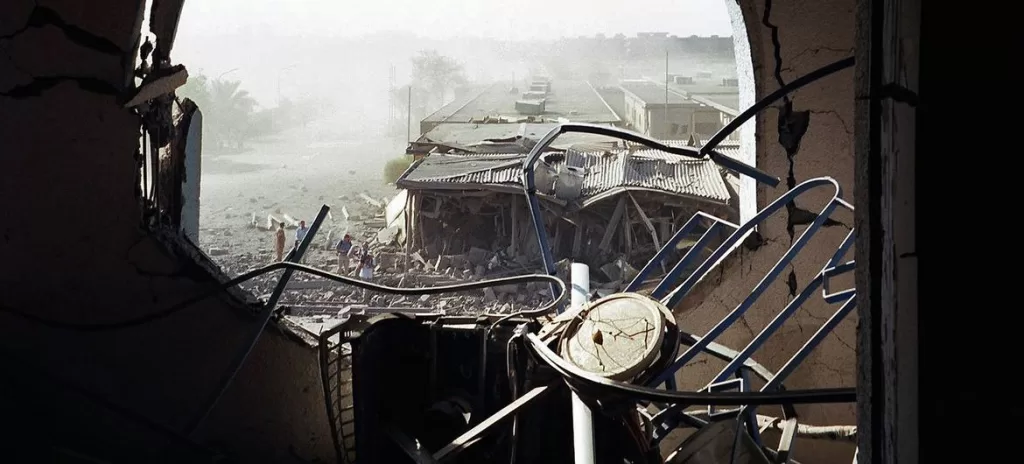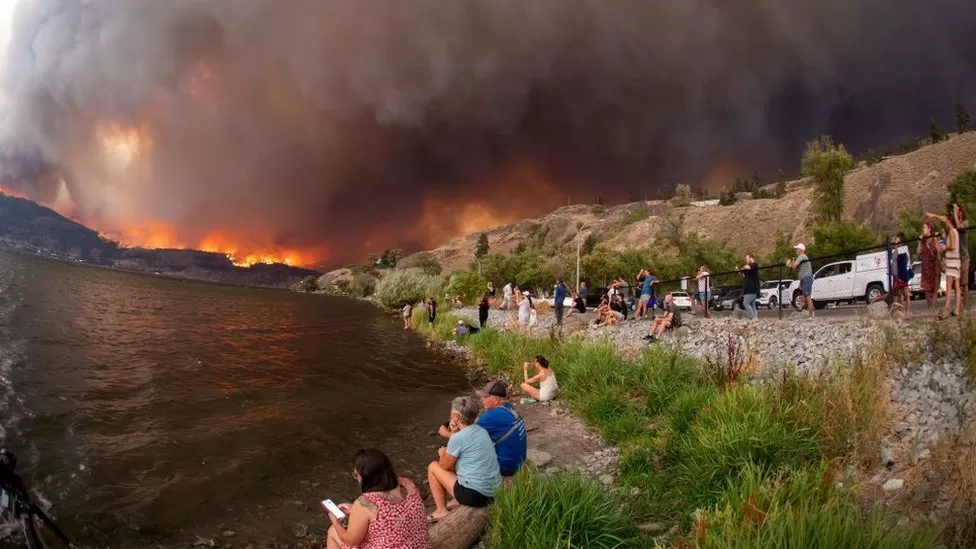Sweden considering wider powers for police to disallow Quran burning
Sweden’s government is mulling wider powers to police under some changes to its Public Order Act, to restrict acts of hate against religions, such as the burning of the Holy Quran, after recent Islamophobic incidents in the Scandinavian country stirred anger among Muslims, Reuters reported. However, the legal amendments will be done only if such incidents threaten national security, the government said on Friday. The Nordic country on Thursday heightened its terror alert level to four on a scale of five, after the Quran burnings drew angry reactions from the Muslim world, saying it had averted attacks triggered by the acts against Islam’s holiest text. Sweden’s far-reaching freedom of speech laws provides protection to the insults towards public figures or against religions. Though the government maintains a rigid stance against changing these laws, Minister of Justice Gunnar Strommer has said that a commission would be appointed to look into giving police wider powers to deny acts such as desecration of Quran. “Of course, general international dissatisfaction or vague threat should not be enough — it must be about serious and qualified threats,” Strommer told a news conference on Friday. He said that the move could allow the police to shift the protest to a different location or dissolve it. An Iraqi resident of Sweden has damaged several copies of the Quran in recent months that sparked an international response. Sweden was on the extremist group’s radar before the recent Quran burnings, with a media outlet linked to the militant group al Qaeda urging violent retribution against the country. Last week, a Molotov cocktail was thrown at the Swedish embassy in Beirut though it did not explode, and at the weekend al Qaeda called for attacks against the Scandinavian nation. The decision to appoint a panel was met with immediate distrust from numerous political parties, including the government’s support party, the anti-immigrant Sweden Democrats. Sweden Democrats’ party leader Jimmie Akesson said Sweden Democrats “will never accept that we adapt to threats and pressure” from extremists and dictatorships, even if different values always need to be weighed against each other. Earlier on Friday, the government said it had tightened security at embassies and other missions due to an increase in threats against Swedish interests abroad. Source: https://www.thenews.com.pk/latest/1101706-sweden-considering-wider-powers-for-police-to-disallow-quran-burning
Sweden considering wider powers for police to disallow Quran burning Read More »
News

















